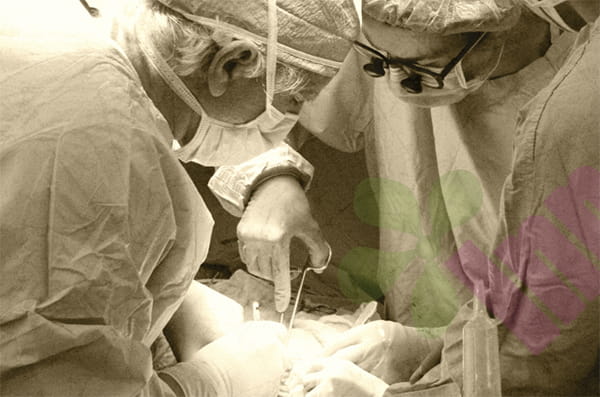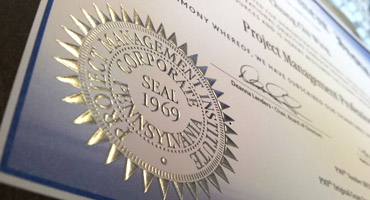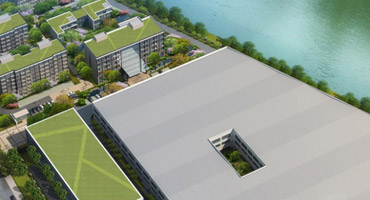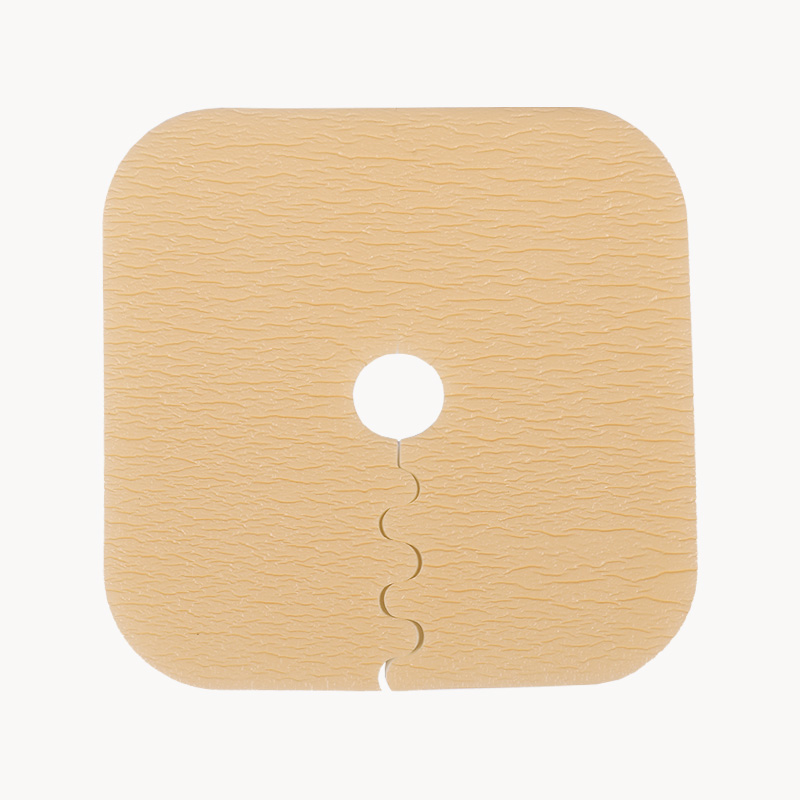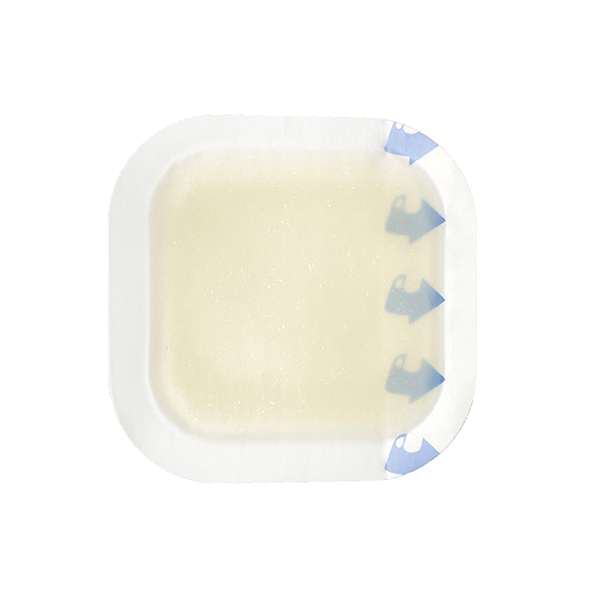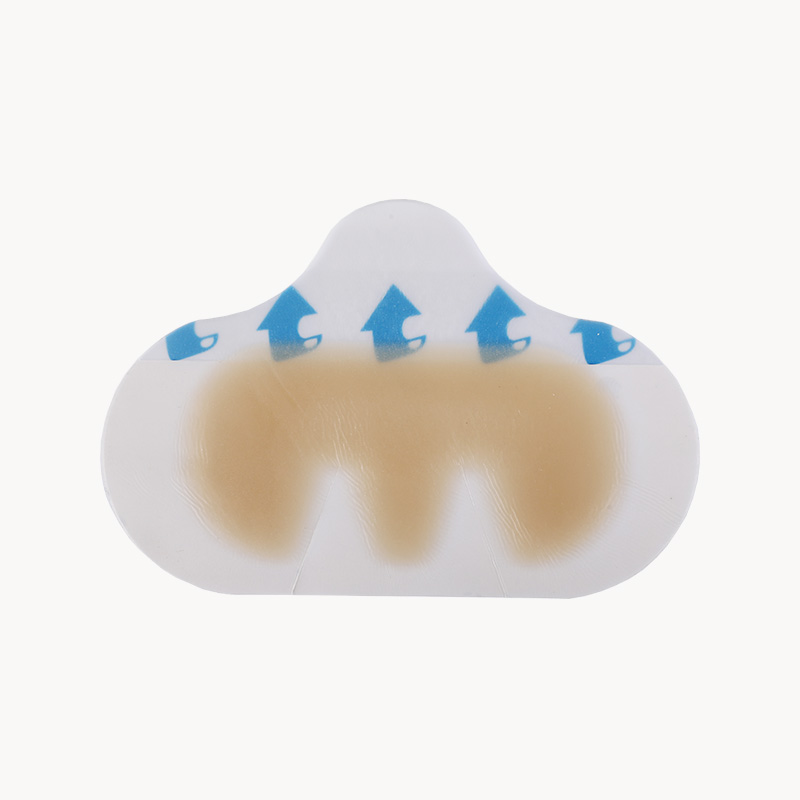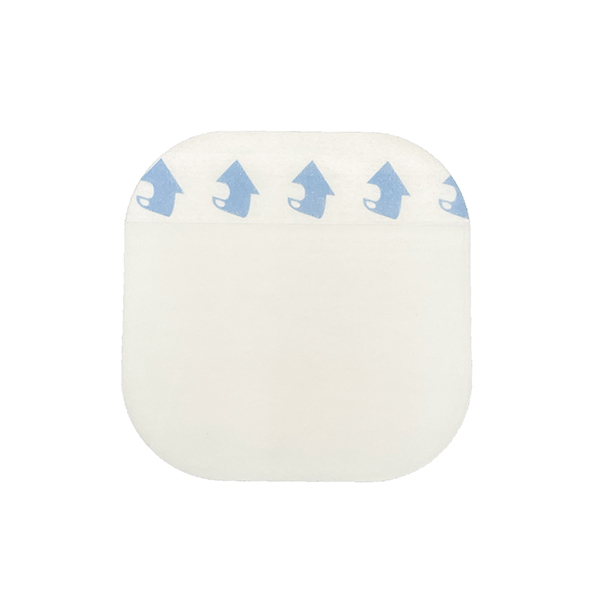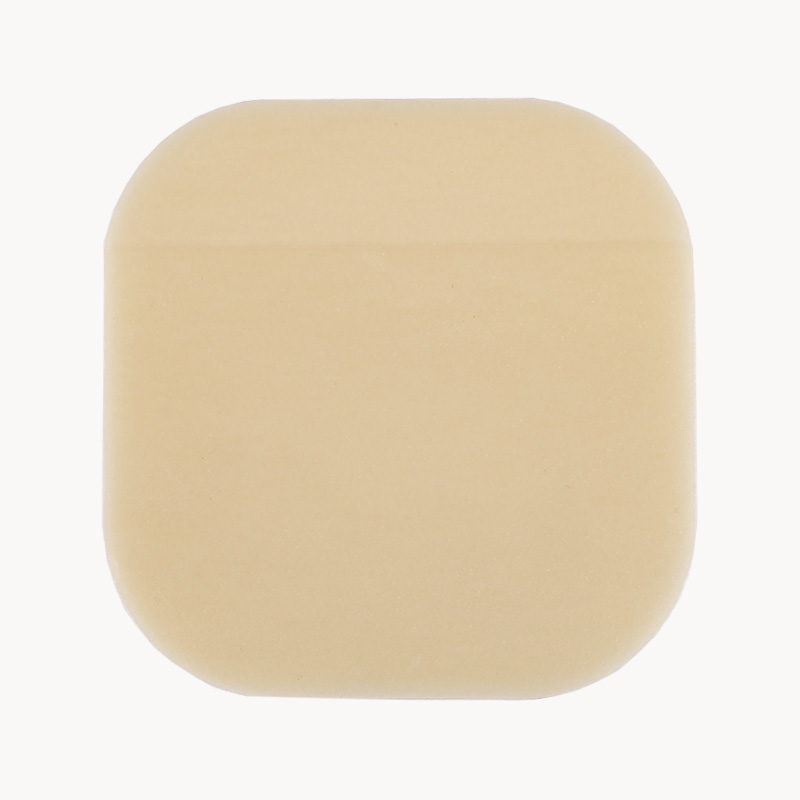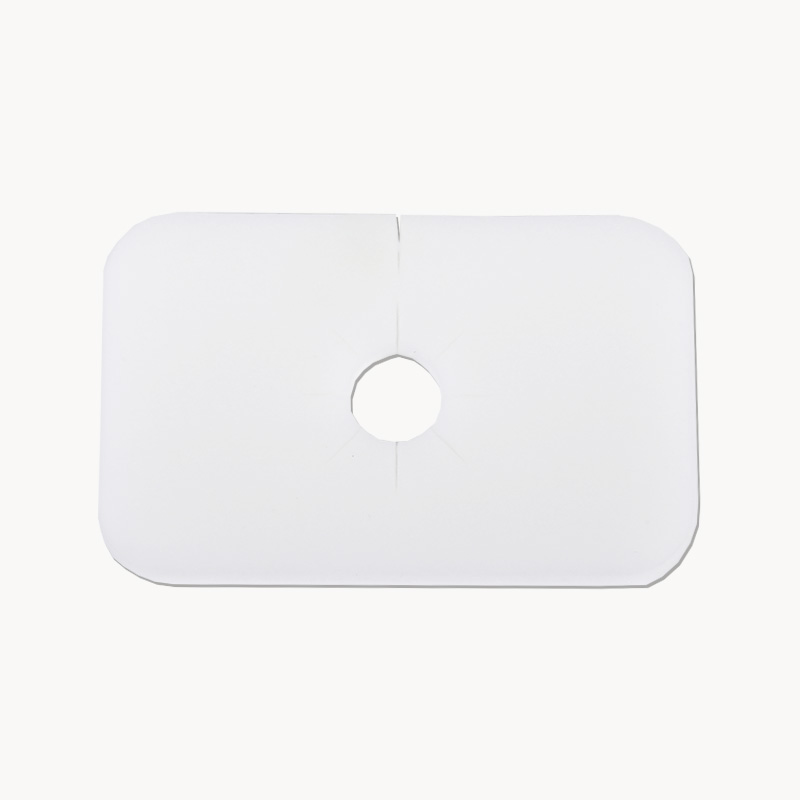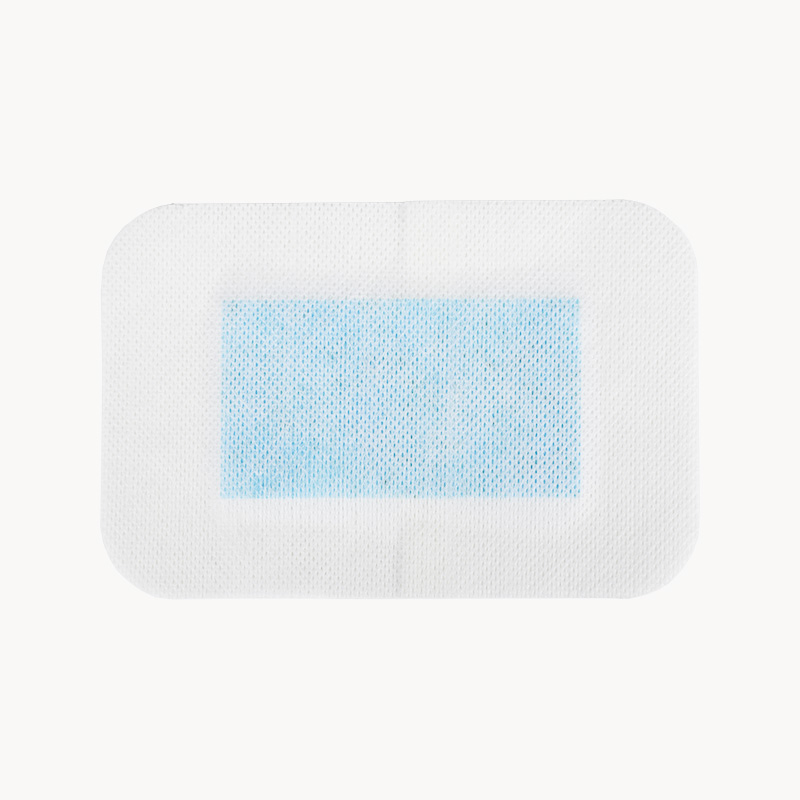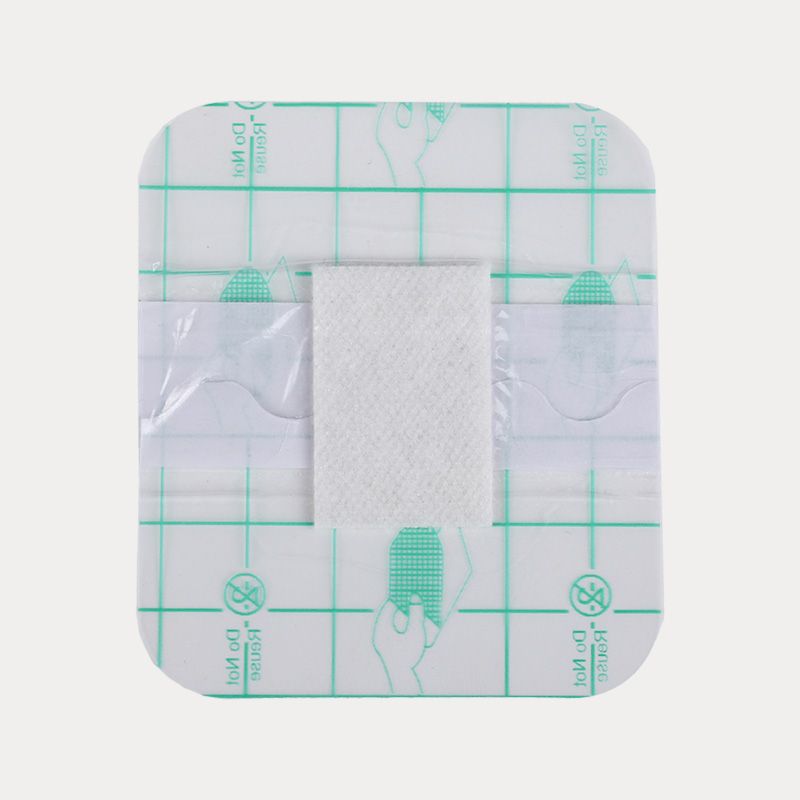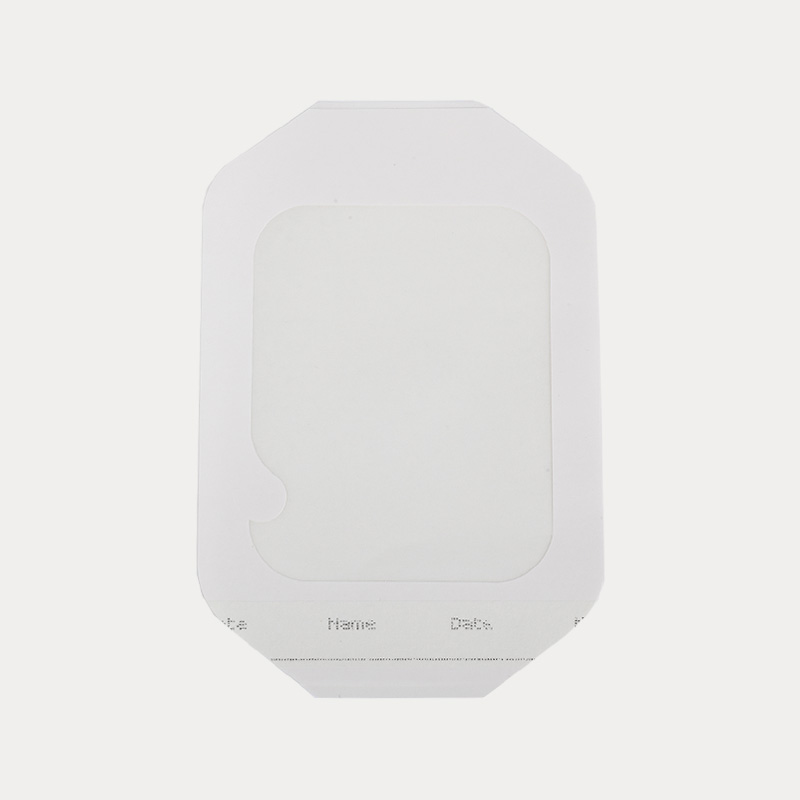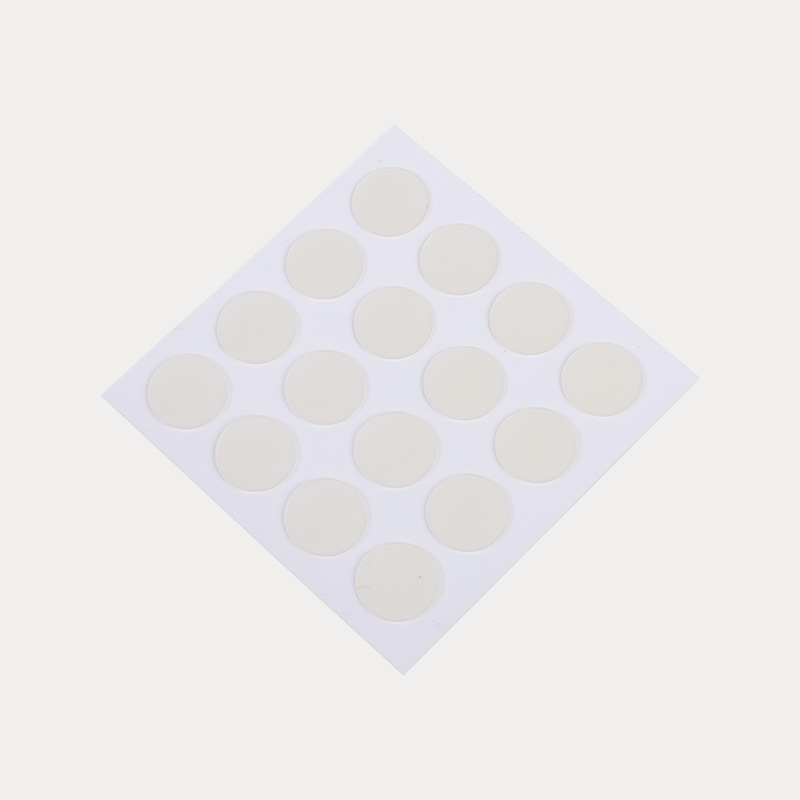Recently, a Chinese research team successfully developed PSG15, an innovative material with multiple benefits, demonstrating significant advantages in the treatment of infected wounds. This injectable hydrogel not only possesses strong antimicrobial properties but also effectively regulates macrophage polarization and stabilizes the skin microbiome, offering a novel solution for the treatment of infected wounds.
Infected wounds, particularly those caused by Escherichia coli and Staphylococcus aureus, remain challenging to treat clinically. Traditional antibiotic therapies are limited by increasing bacterial resistance and potential toxicity. While hydrogels have shown promise as topical drug delivery vehicles, most existing products struggle to simultaneously address the dual challenges of infection control and tissue repair.
A joint research team from the PLA General Hospital, Beijing Institute of Radiological Medicine, Qinghai University, and Peking Union Medical College Hospital developed this innovative hydrogel by combining the highly effective antimicrobial peptide ε-polylysine with a sodium alginate/gelatin matrix. Studies have shown that PSG15 has inhibition rates of 89.53% against Escherichia coli and 92.21% against Staphylococcus aureus, significantly reducing bacterial load.
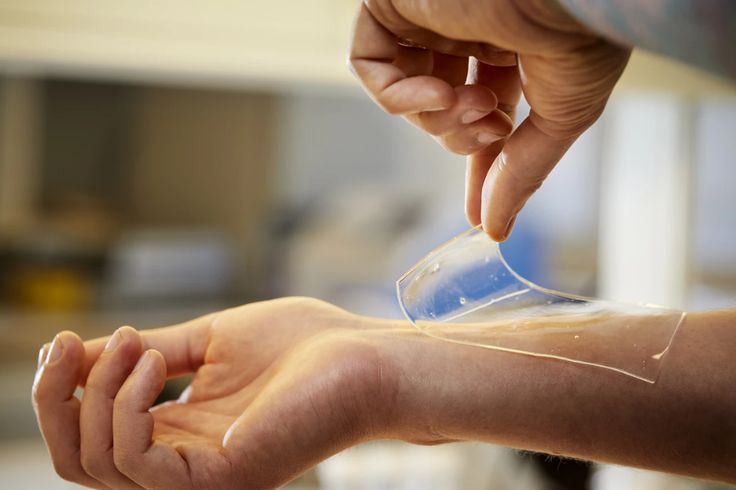
In animal studies, the hydrogel demonstrated excellent wound healing properties. The results showed that PSG15 significantly accelerated wound closure, promoted angiogenesis, and enhanced collagen deposition. Histological analysis revealed that wounds treated with PSG15 exhibited enhanced tissue regeneration, increased angiogenesis, and more ordered collagen fiber arrangement.
Of particular note, the hydrogel also modulated macrophage polarization, increasing the expression of M2 markers (CD206) while decreasing the expression of M1 markers (CD80), suggesting its important role in regulating inflammatory responses. Furthermore, the material maintained the diversity of the skin microbiome and prevented the overgrowth of pathogenic bacteria.
Dr. Chaoji Huang of the Beijing Institute of Radiation Medicine said: "PSG15 hydrogel represents a significant advancement in wound care by integrating antimicrobial properties with microbiome modulation. This dual strategy not only accelerates the healing process but also minimizes the risk of chronic infection."
Industry experts believe this multifunctional hydrogel offers an innovative solution for infectious wound management, simultaneously addressing the challenges of infection control and tissue regeneration. Its excellent biocompatibility and non-toxicity give it potential for clinical application. Future research will focus on exploring the hydrogel's efficacy in chronic wound models, such as diabetic ulcers, and further studying its interaction with the skin microbiome to further optimize therapeutic efficacy.
The research results have been published in the academic journal Burns and Trauma, providing new ideas and methods for clinical wound treatment.
Note: This article is based on news reports on research results published by the scientific research team and aims to disseminate the latest scientific research progress.

 English
English عربى
عربى Español
Español русский
русский 中文简体
中文简体